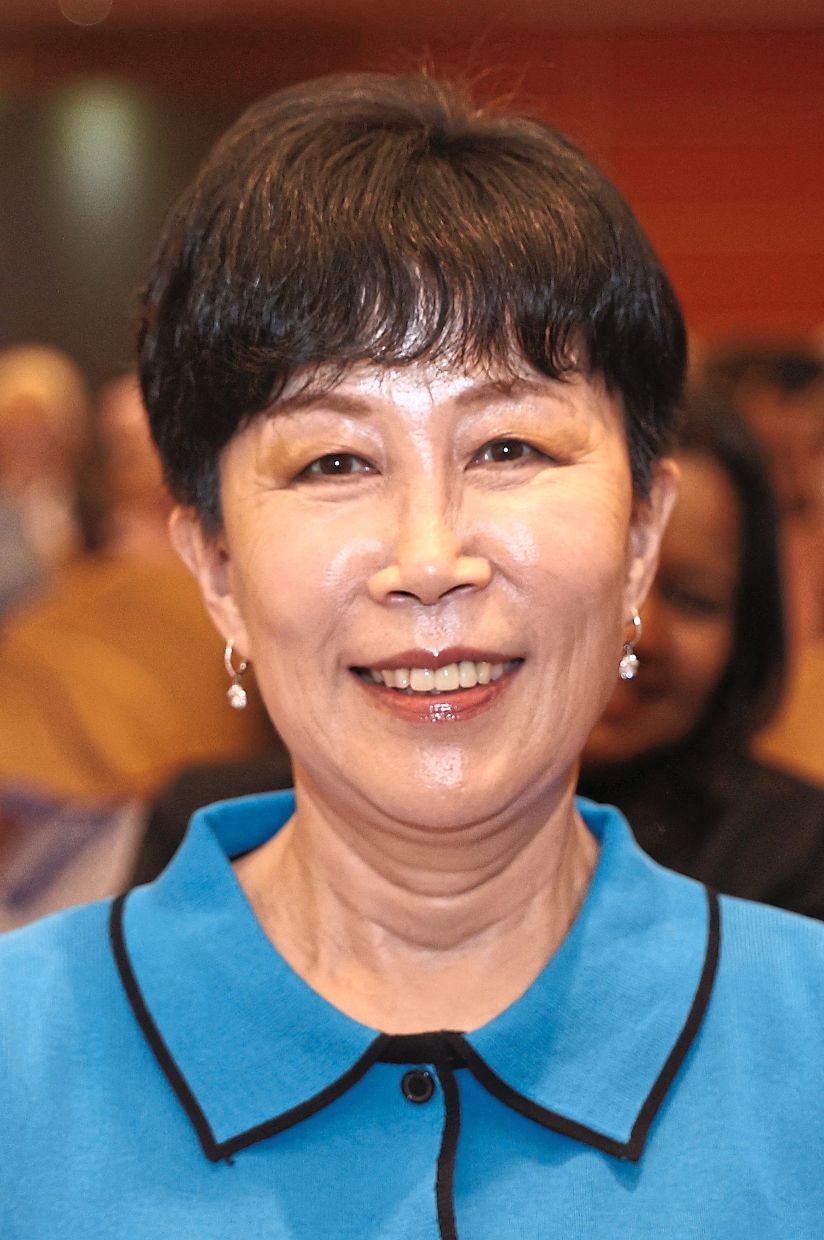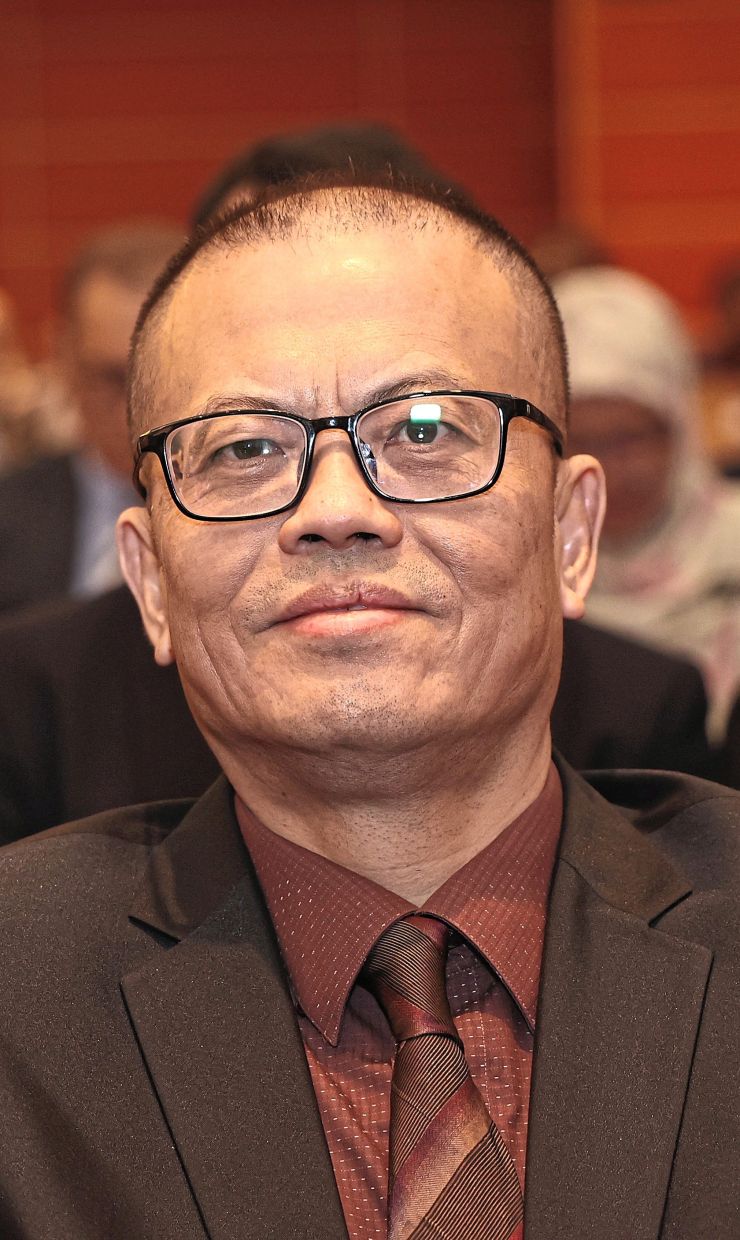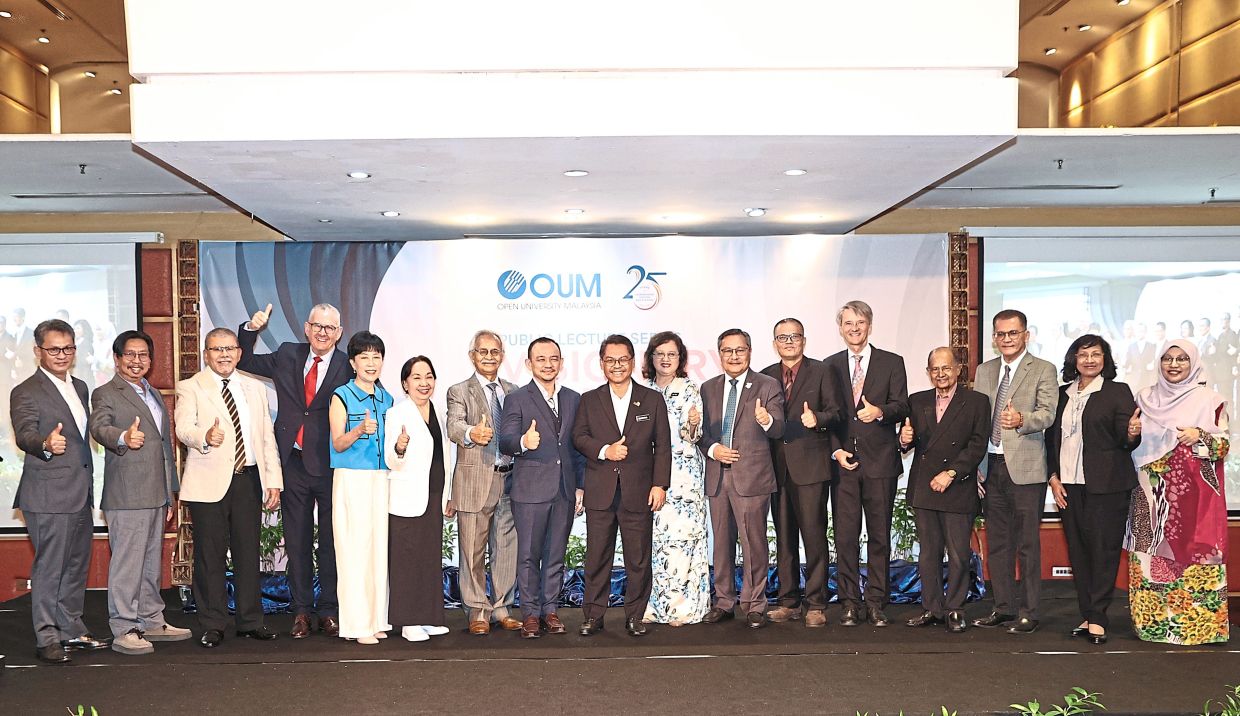Photo: VCG
The newly released "Leiden Rankings" from the Netherlands has recently drawn widespread attention. Eight of the world's top ten universities on the list are from China, with Zhejiang University ranking first, while Harvard University of the US - long a fixture at the top - fell to third place. The results sparked intense discussion. The New York Times published an in-depth analysis under the headline Chinese Universities Surge in Global Rankings as US Schools Slip, while France's Le Monde reported on January 20 that the ranking had triggered widespread shock, noting that the rise of Chinese universities has made the West less certain of itself. How should one view this "shocking" ranking? Our answer is simple: with composure.
First, the ranking does reflect, to a considerable extent, China's advances in education and science and technology. The Centre for Science and Technology Studies at Leiden University in the Netherlands, which publishes the ranking, is highly respected in the global field of scientometrics. The ranking focuses primarily on research output in high-impact international academic journals. Chinese scholars have ranked first globally for years in both the volume of SCI-indexed papers and citation counts. Judged by these criteria, it is hardly accidental that Chinese universities occupy eight of the top ten positions. In 2025, China's research and development (R&D) spending intensity reached 2.8 percent, surpassing the average of economies in the Organization for Economic Co-operation and Development (OECD) for the first time. The rise of many Chinese universities in the rankings is therefore a natural outcome of China's long-standing commitment to the strategy of invigorating China through science and education, coupled with sustained increases in research investment.
Most of the Chinese universities ranked in the top ten are research-oriented institutions with strengths in science and engineering, such as Tsinghua University, Zhejiang University, and Shanghai Jiao Tong University. What the ranking effectively "captures" is the growing competitiveness of China in fields such as electronic communication, materials science, physics, and chemistry. From Huawei's 5G technologies to the Tianhe supercomputers, and to the quantum satellite "Micius," Chinese university research teams have played a direct, critical, and in-depth role behind these achievements. The continuous flow of innovation generated by Chinese universities has been a powerful driver of China's transition from a major manufacturing country to a major science and technology power.
However, it is important to remain clear-eyed about the limitations of this ranking, which has a distinct focus - or preference. It places greater emphasis on universities' performance in academic research publications, reflecting only part of the picture rather than the whole. Judged by more comprehensive indicators, the more widely recognized global university rankings remain the QS World University Rankings, the Times Higher Education World University Rankings, and ShanghaiRanking's Academic Ranking of World Universities. In these rankings, universities from the US and the UK continue to dominate the top tiers. In terms of research originality, global talent attraction, and employer reputation, established Western universities still enjoy advantages. These gaps also serve as a reminder that the overall strength of Chinese universities - particularly their capacity to translate integrated technologies into real-world applications and their models for cultivating innovative talent - still has room for further improvement.
Even so, in early 2000, the same Leiden Ranking still had seven US universities among the top 10, while Zhejiang University only made it into the top 25. Today, although Harvard produces even more research than it did back then, it has slipped to the third place. Given the progress made by Chinese universities over the past two decades, it is hardly difficult to understand why Western media might feel "shocked." This ranking has overturned many long-held perceptions. In fact, Chinese universities did not seize the spotlight "overnight." In recent years, from advances in basic research and breakthroughs in frontier technologies to leaps in strategic industries, China's scientific and technological rise has long been visible to the world. As universities serve as a "reservoir" for scientific and technological development, it is only natural that higher education institutions have made corresponding gains.
As for some Western media outlets linking the Leiden Ranking to narratives of "shifting power" or even a "new world order," this is an overreaction. Behind such "shock" lies Western anxiety over the erosion of technological hegemony. In reality, the progress of Chinese universities does not imply the failure of the West; rather, it represents a "collective increment" in humanity's overall creation of knowledge. From Harvard's liberal education to Stanford's entrepreneurial incubation, drawing on advanced educational philosophies from developed countries has itself been part of the progress of Chinese universities. At a time when global knowledge cooperation is becoming ever more closely intertwined, only by breaking free from zero-sum thinking can humanity's scientific enterprise advance together.
In a sense, the Leiden Ranking is like a mirror, reflecting both our achievements and our shortcomings. Every year, many Chinese students cross oceans to pursue their studies, with venerable Western institutions such as Harvard and Oxford remaining their "dream schools." We also hope that in the future, more international students will come to regard Chinese universities as their own "dream schools" and choose to study in China. That would be a far more persuasive kind of "ranking."











